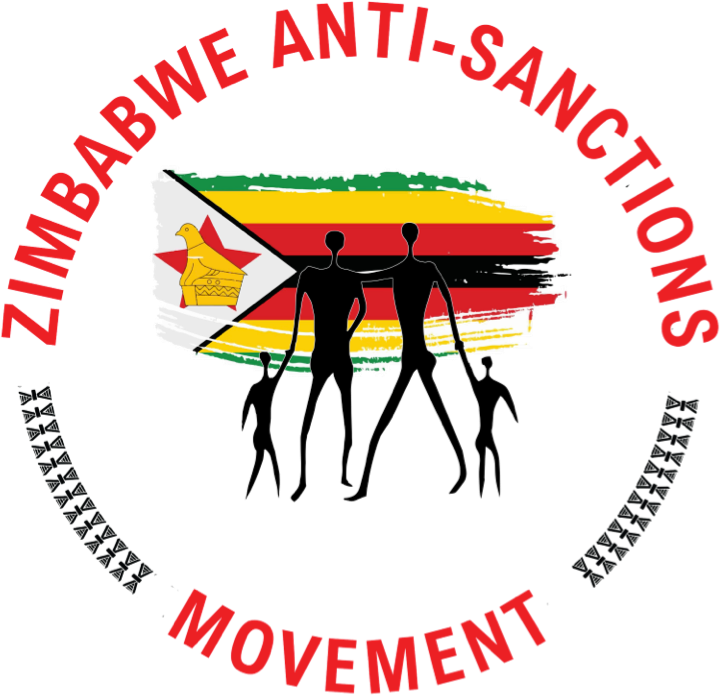
A very good friend of mine asked me if he could sue the banks which lost his savings in 2008 due to hyperinflation in Zimbabwe. Well, the answer is no, you can’t sue banks for losing deposits to inflation or other catastrophes beyond their control and insurance cover, unless you can prove negligence or fraud on the part of the banks.
1. The general principle is that when you deposit your money in a bank, you are not saving with the bank, but you, in essence, are giving the bank an unsecured loan for them to leverage, invest and lend out; hence, most accounts pay interest.
And as long as banks hold their minimum reserves with the central bank, manage inflation risk in line with best banking practice and take out deposit loss insurance, then when they lose the money of clients in a huge market collapse or hyperinflation caused by factors outside their control, they do not owe depositors.
And if banks are liquidated, depositors only get paid last after all other secured lenders have been paid. Even before individuals are paid, the banks are compelled to pay institutional depositors even before individuals, while rich people are last to be paid if ever there were enough assets to liquidate and pay depositors.
2. In countries where governments are functional and not targeted by illegal sanctions or at war, then such governments (if they control their central bank) can print money and bail out banks to save depositors deposits.
But in a nation plagued by illegal sanctions or war, such governments are often bankrupted by the illegal sanctions or war and unable to rescue depositors by printing money , so banks and innocent citizens bear the brunt of the sanctions or war.
3. If banks lose value because of hyper-inflation that emanates from illegal unilateral sanctions, invasion, war, global events, or an act of God; at a minimum, insurance should pay a proportion of deposits. But if the value destruction is as high as the 1 trillion percent inflation we saw with the Zim dollar due to sanctions between 2001 and 2008, then banks and their insurers would have lost too and therefore unable to cover such losses.
According to #UNHRCResolution34_13 citizens are then left with the recourse of suing the illegal sanctions senders and or third party implementors for reparations and damages for losses suffered by them as innocent civilians.
This example of the 2008 hyper-inflation in Zimbabwe, illustrates how Zimbabwean sanctions, although called for by an opposition party that lied that they were targeted, destroyed every Zimbabwean’s savings and most Zimbabweans did nothing to seek recourse for the impact of these illegal sanctions.
Many Zimbabweans even hate those of us pursuing legal action against sanctions senders as we hope that at some point, we shall have a basis to pursue reparations and damages for losses of over US$9.5 billion suffered by Zimbabweans between 2001 and 2008.
By Rutendo Matinyarare, Chairman of ZASM.





